Since its inception as Temple University’s School of Commerce in 1918, the Fox School of Business has been on a constant journey of evolution. More than 100 years after opening its doors, the Fox School continues to grow and expand, mirroring the fast-paced, ever-changing business world.
As we look back on how much change happened over the years, we recognize the critical role that the faculty and staff played—and continue to play—in making that evolution possible. We spoke to a few people from across the school to hear their reflections on their time at the Fox School, the changes they experienced firsthand and the motivation that fuels their work.
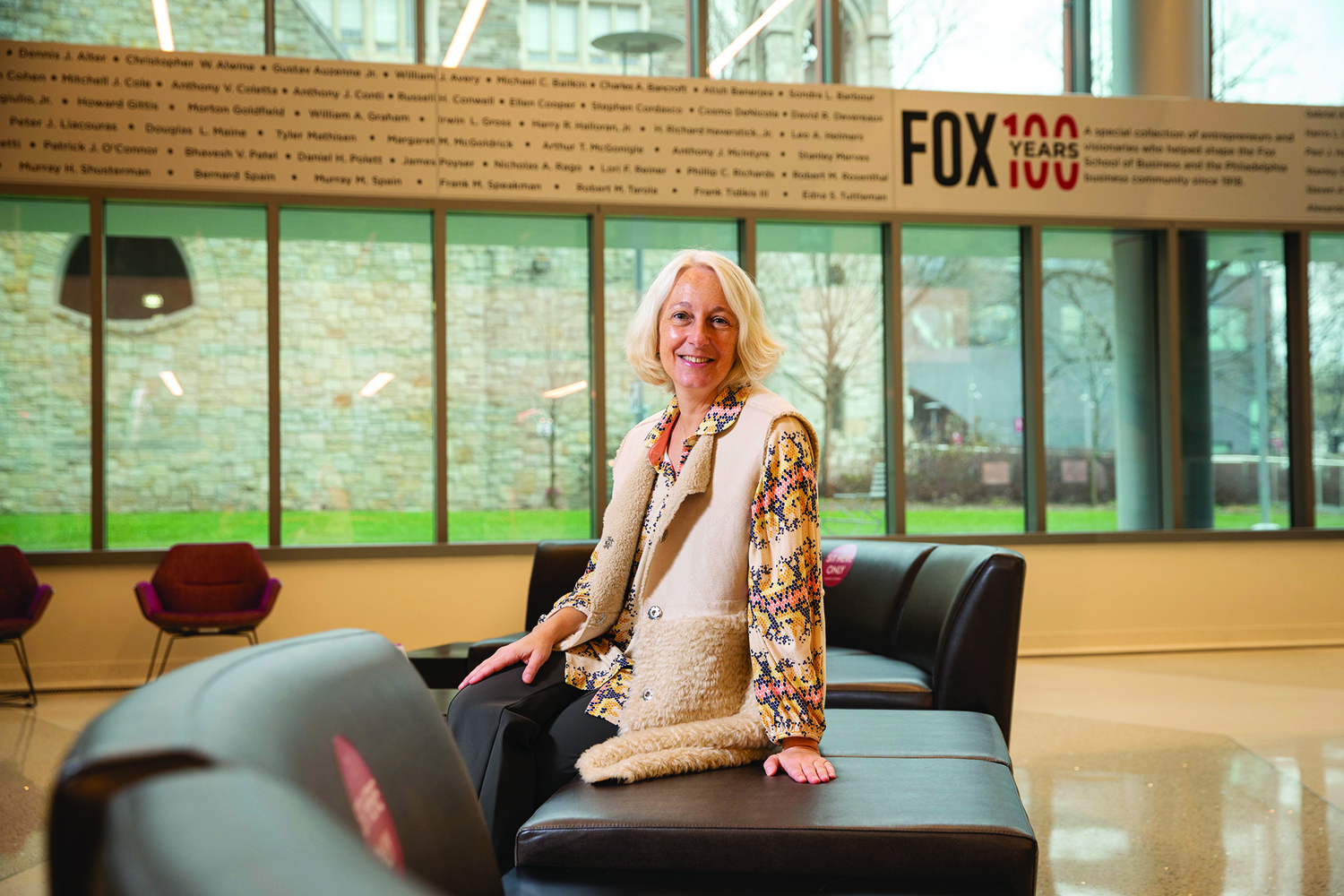
Cynthia Smith, associate director of communications, witnessed plenty of change during her time at the Fox School, especially to the campus. Each new building, from Alter Hall to the Charles Library, brings an opportunity for her to watch students fill the spaces and make them their own.
"You see students meeting up with their friends in the Egg or at Saxby’s, and then showing their parents around at graduation," says Smith. "These physical spaces are part of the shell that nurtures students during their time at Fox."
Coming up on her 25th year at Temple, Smith works with colleagues across the school, using email communication and strategy to share stories of the Fox community. Smith had the opportunity to work on the ground floor of what have become some of the school's flagship centers and institutes. She helped the Center for Student Professional Development promote events when it was just a small team in Speakman Hall, and shared the news of the opening of the Innovation and Entrepreneurship Institute.
"The investment in positive student outcomes has been amazing," says Smith. "Knowing that these students are going out into our community, and that I played a very small role in highlighting their journey—both as students and alumni—is rewarding."
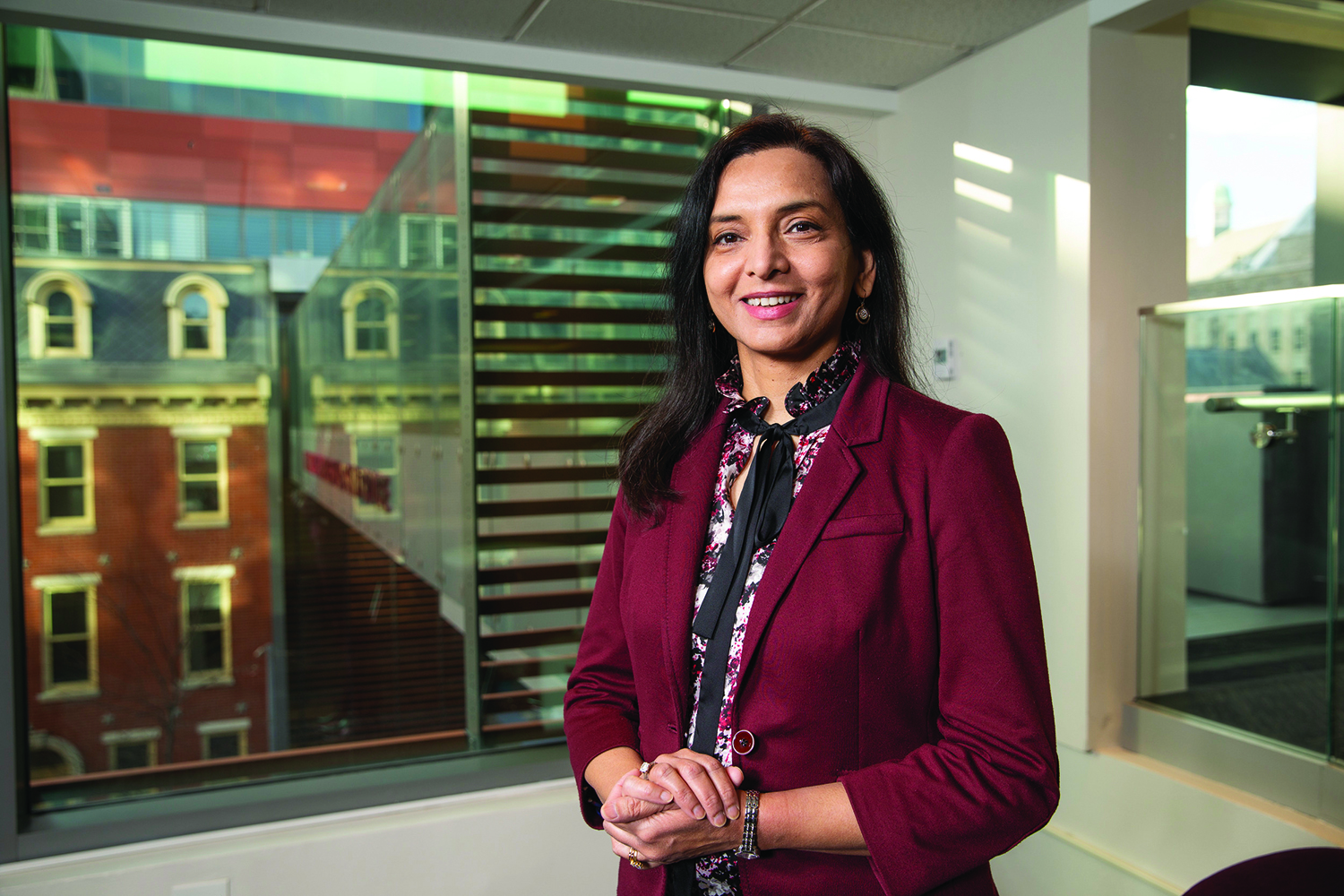
Pallavi Chitturi, professor of Statistical Science and associate director of the Executive DBA program, credits the students for keeping her motivated and inspired at the Fox School for the past 17 years. Chitturi teaches classes at every level, from freshman lectures to doctoral courses, and feels that she learns something new from each of them. Her fondest memories include nominating an undergraduate student who went on to win the prestigious Diamond Award and mentoring many others through the Diamond Peer Teacher Program. "All of my favorite memories revolve around the students," says Chitturi.
Throughout her time at the Fox School, one of the most significant developments she experienced was the addition of new academic programs. Chitturi and her colleagues in the Statistical Science Department launched two undergraduate minors, one in Statistics and Data Science and the other in Business Analytics, and a new undergraduate major in Statistical Science and Data Analytics. "That was a big accomplishment," says Chitturi. "Fox was an early adopter and champion of statistics, data science and data analytics in business."
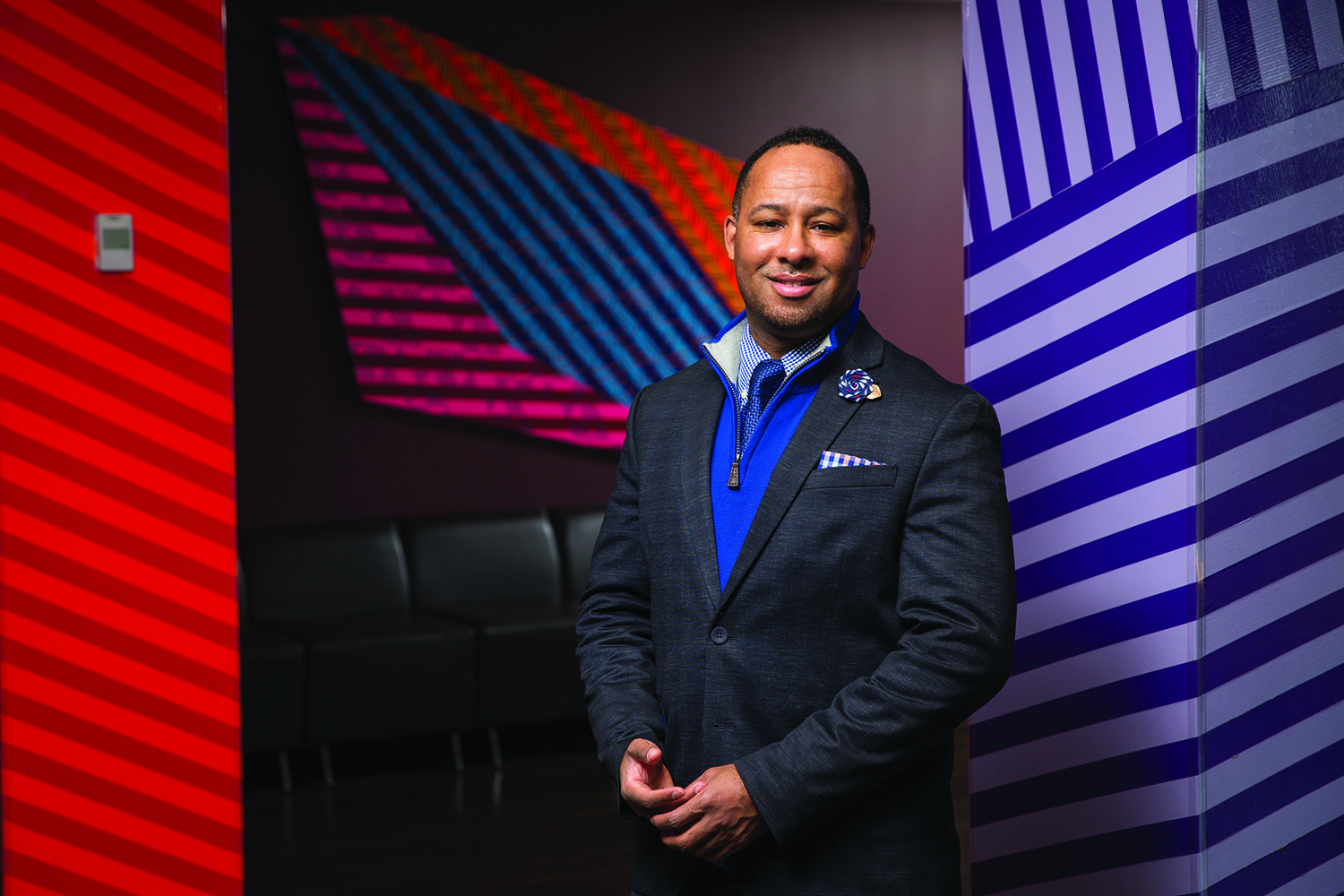
Julian White, senior director of the Center for Undergraduate Advising, also experienced a great deal of academic change during his 11 years at Temple. "We have to stay revolutionary and contemporary to keep up with the business world," says White. "Especially as it pertains to our majors and curricula."
Looking back, White can describe his time thus far at the Fox School with one word: rewarding. He considers every opportunity he gets to work with students on their overall academic, personal and professional growth as special. They remind him why he pursued a career in higher education in the first place. "Being in the position to really see the outcomes of what we’re doing is so rewarding," says White.
White now looks back on the past as a way to inform the future through his involvement with the Fox Strategic Plan 2025. "To me, Fox has always been about change," says White. "To have played a part in the meetings and committees to bring about this new plan only makes me more excited for what is to come."
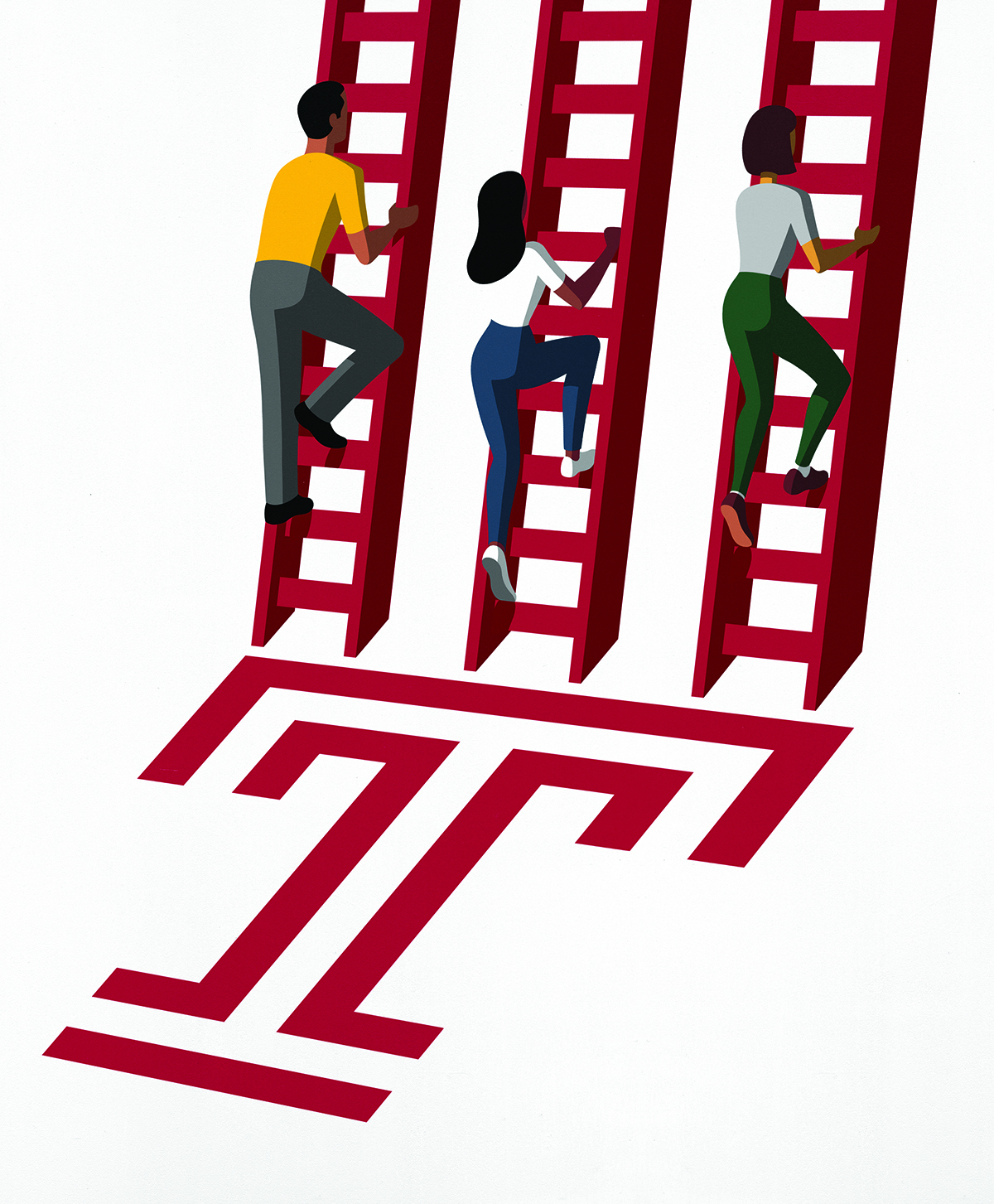
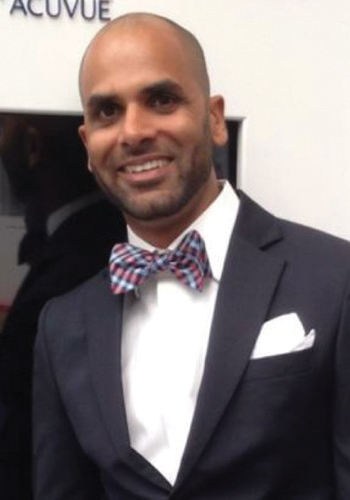
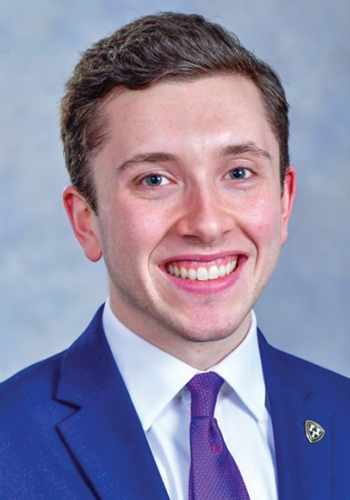
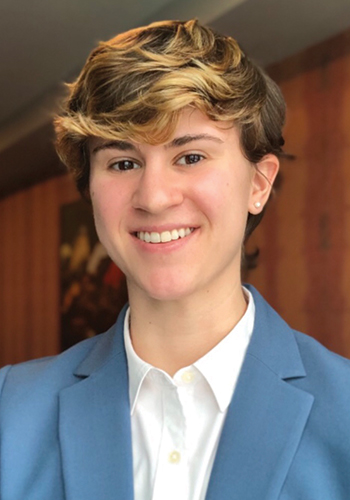
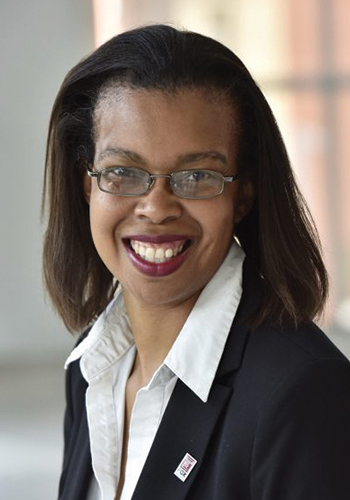
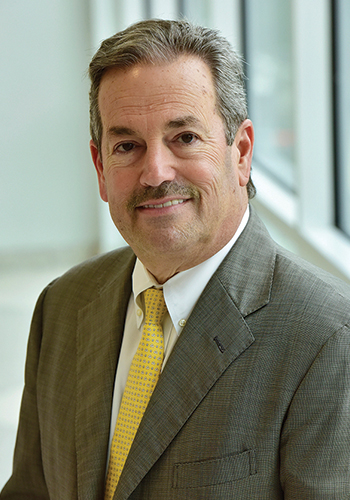
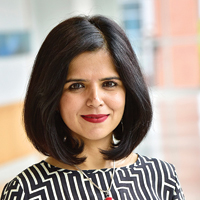
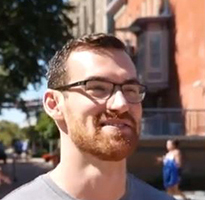
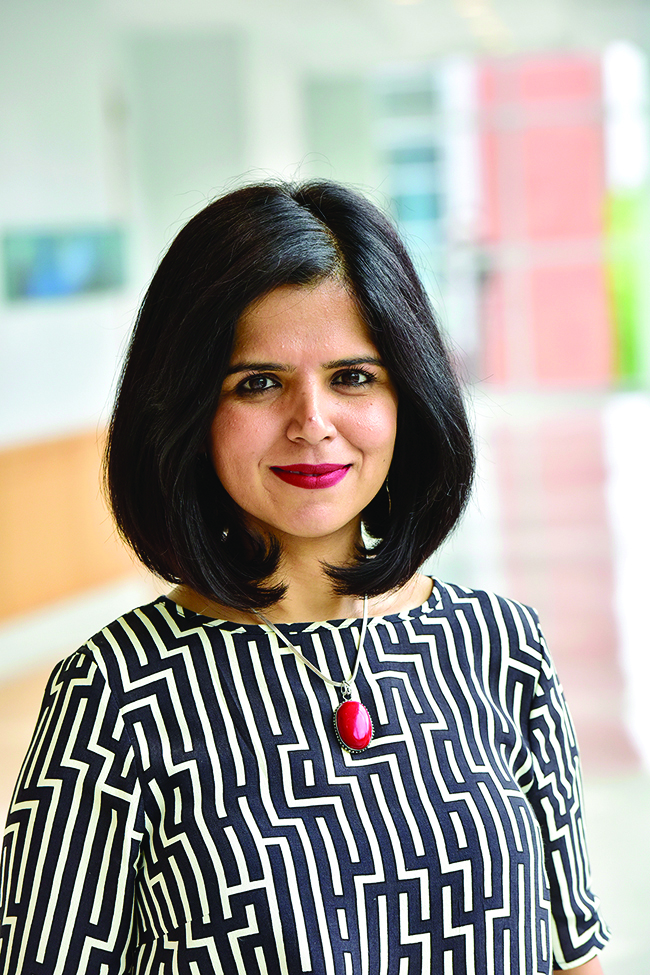
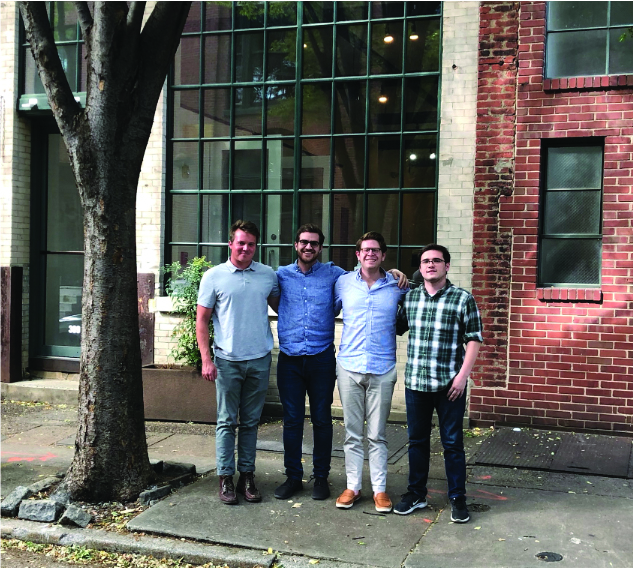
Andrew, can you tell us a little bit about your background?